| |
| |
| |
| Presented By Amazon |
| |
| Axios AM |
| By Mike Allen ·Jul 20, 2021 |
| Good Tuesday morning from Chicago. Smart Brevity™ count: 1,412 words ... 5½ minutes. Edited by Zachary Basu. |
| |
| |
| 1 big thing: You, too, can be an astronaut |
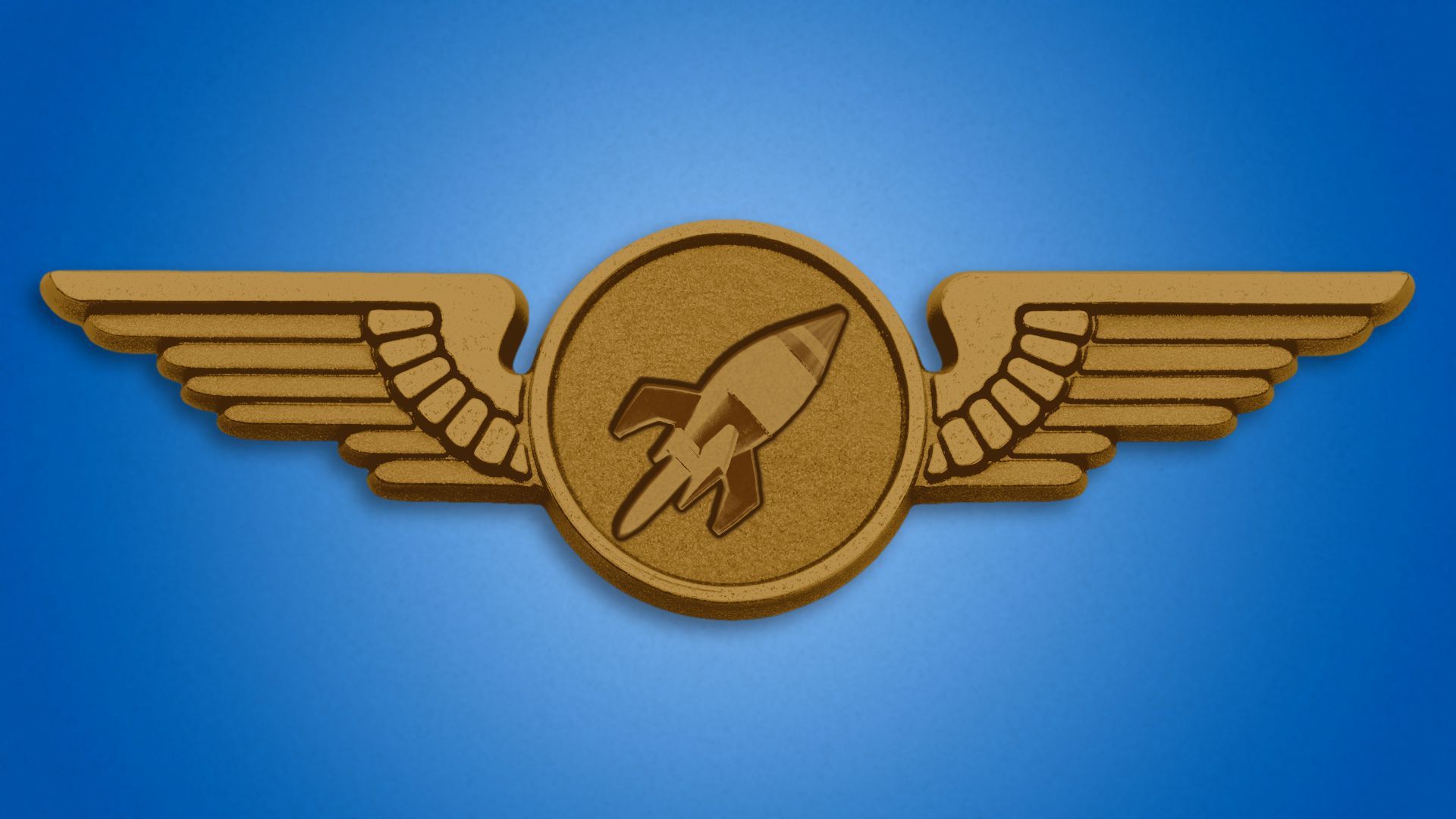 |
|
| Illustration: Megan Robinson/Axios |
| |
| Or, at least, an astronaut with an asterisk. Jeff Bezos' rocket flight today — along with the earlier one by his billionaire rival, Richard Branson — is meant to lure wealthy customers into space tourism, Axios Space author Miriam Kramer writes. - Why it matters: Fewer than 600 people have flown to space in history, and most of them were government employees paid to explore. This new era of commercial spaceflight opens up that opportunity — to see Earth against the blackness of space — to many more people.
Bezos' Blue Origin rocket will launch from West Texas (targeted for 9 a.m. ET), and take passengers past the Kármán Line — the international boundary for where space begins, at about 62 miles above the planet. - Bezos is aiming for an altitude of roughly 66 miles — more than 10 miles higher than Richard Branson's ride on July 11, AP reports.
Bezos will be joined by his brother plus Oliver Daemen, an 18-year-old whose family is paying, and an 82-year-old female aviation pioneer from Texas — the youngest and oldest people to ever leave the planet. - Virgin Galactic classified Branson as a crew member whose job was to evaluate the astronaut experience. Blue Origin's New Shepard is autonomous — no one onboard needs to act as a pilot or flight crew.
The intrigue: The FAA, U.S. military and NASA all have different definitions of "astronaut." None of them fits perfectly with the way Bezos' Blue Origin or Branson's Virgin Galactic are doing business. - But don't tell the passengers. Space historian Robert Pearlman said: "There is going to be a segment of the population that's waiting in line to ride [these suborbital rockets] because they have dreamt of being an astronaut their entire lives. And to be told they're not an astronaut would ruin the experience for them."
🚀 Live Axios updates ... Livestream starts 7:30 a.m. ET ... Share this story. |
    |
| |
| |
| 2. Olympians get their voices back |
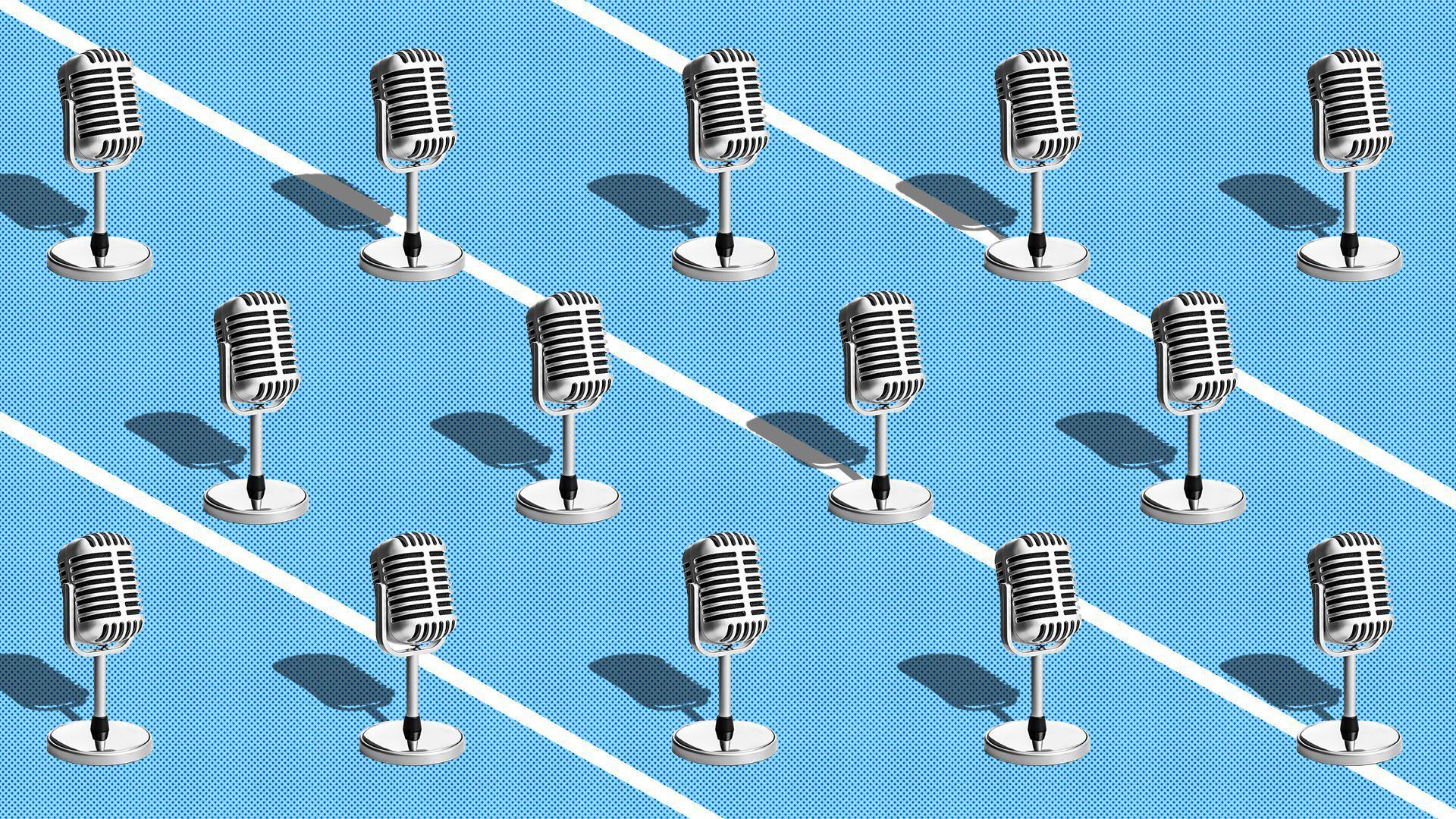 |
|
| Illustration: Aïda Amer/Axios |
| |
| Colin Kaepernick isn't in the Olympics, but the lasting image of an athlete kneeling in silent protest is still likely to find its way to Tokyo, Axios' Jeff Tracy writes. - Why it matters: Such a demonstration would have previously been banned at the Games. But following 2020's racial reckoning, the IOC has relaxed its rules governing protests.
The IOC's new rule allows athletes to "express their views" more freely: - Athletes can share their opinions in interviews and news conferences, as well as through digital, traditional and social media. They can also demonstrate peacefully on the field as long as the competition has not begun (i.e., kneeling before the game).
- Athletes can't do any of the above during a competition, within the Olympic Village or during official ceremonies (medal, opening, closing). They also can't be "disruptive."
- Discipline will come on a case-by-case basis, considering factors like degree of disruption. But the exact range of punishments is vague.
Many think the change doesn't go far enough. Rob Koehler, director general of the international, athlete-led Global Athlete, complained to The Nation: "[T]he IOC tried to pull the wool over everyone's eyes, indicating the rule has been relaxed ... The reality is athletes still cannot use the podium or field of play to peacefully protest." |
    |
| |
| |
| 3. Axios at the Olympics: Ina's Tokyo diary |
| Tokyo skyline and the white-rimmed Olympic Stadium, the main venue. Photo: Behrouz Mehri/AFP via Getty Images Axios chief technology correspondent Ina Fried sent this dispatch from the plane on the way from San Francisco to Tokyo: Of course, there was a fresh hurdle at the airport. Overnight, the Tokyo Olympics organizers sent what was supposed to be a reassuring note. But I missed that part. It was another new form to fill out — a web questionnaire that generated a QR code. - When I went to check in at United, Japanese authorities also wanted another written pledge.
The gate was jammed with athletes in Team USA gear and Canada apparel. - One was a trap shooter for Team USA and his press attaché. I noticed one water polo player who had a name tag. It turned out the entire USA men's water polo team was on the flight, as were members of the Canadian track team and a couple Team USA table tennis players.
The gate agent greeted members of Team USA, who started chanting: "U-S-A!" - One of the fliers said: "And Canada!"
To which a member of the Canadian delegation replied: "Sitting here quietly in the corner, like we usually do." |
    |
| |
| |
| A message from Amazon |
| Independent study: Spillover effects of Amazon's wage increase |
| |
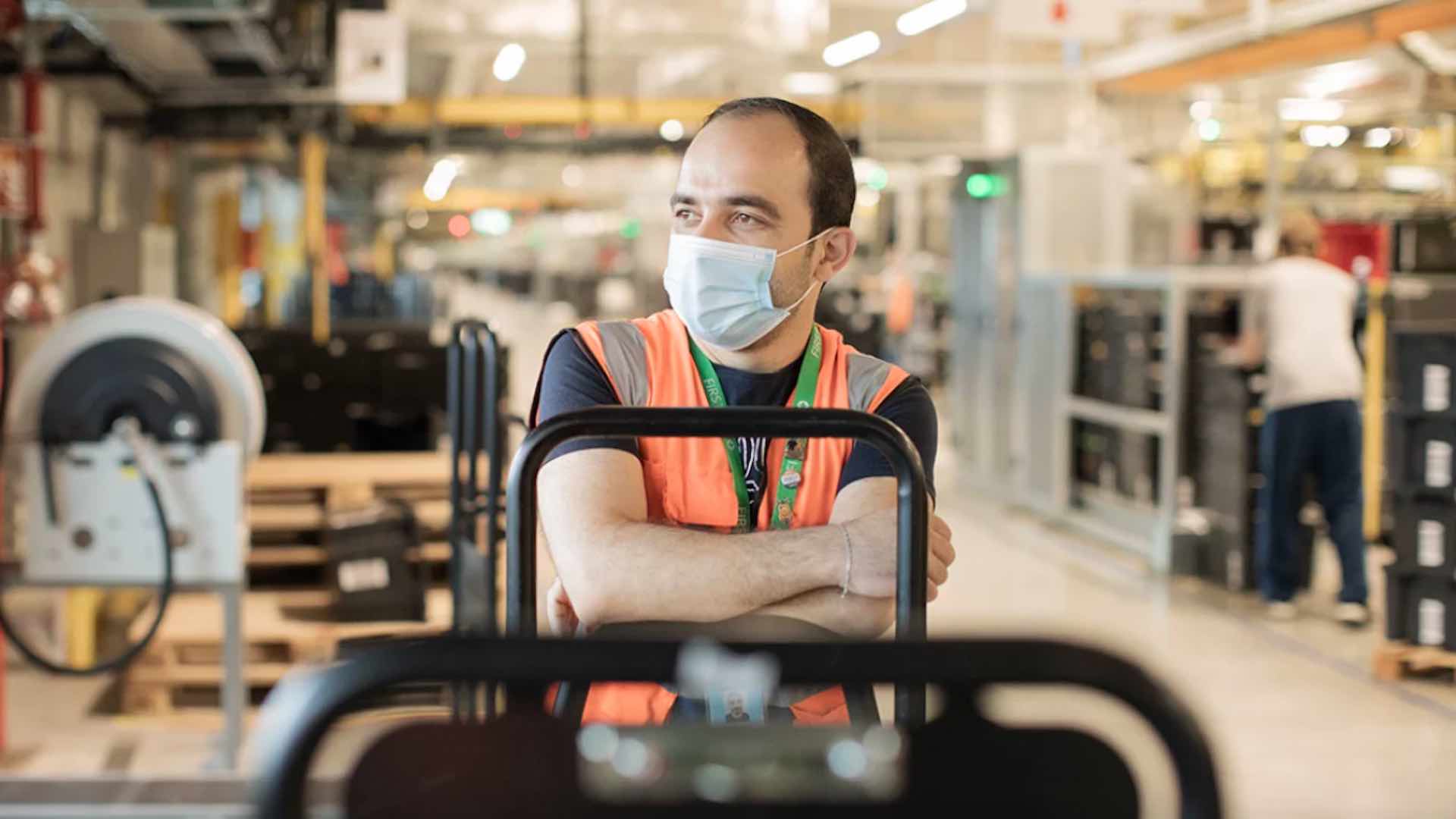 |
| |
| New research shows that Amazon's wage increase to $15 an hour directly benefited wages for other non-Amazon workers in those communities. The report also found that their increase of wages to $15 did not result in widespread job loss. Learn more. |
| |
| |
| 4. Axios-Ipsos: Refusers won't budge |
 Data: Axios/Ipsos poll (subset of 295 respondents; margin of error: ±5.8%). Chart: Connor Rothschild/Axios Most Americans who still aren't vaccinated say that nothing — not their own doctor administering it, a favorite celebrity's endorsement or even paid time off — is likely to make them get the shot, Axios managing editor Margaret Talev writes from the Axios/Ipsos Coronavirus Index. - Why it matters: The findings are more sobering evidence of just how tough it may be to reach herd immunity in the U.S.
The result also offers a roadmap for trying — the public health equivalent of: "So you're telling me there's a chance." - Cliff Young, president of Ipsos U.S. Public Affairs, said: "From a public health standpoint they've got to figure out how you nudge the nudge-able."
30% of U.S. adults in our national survey (total: 1,048) said they haven't yet gotten the COVID-19 vaccine. Half of them were a hard "no," saying they're "not at all likely" to take it. |
    |
| |
| |
| 5. Belief in vaccine conspiracies is rising |
 Reproduced from Annenberg Public Policy Center. Chart: Axios Visuals People who rely on conservative media have much less confidence in experts and are much more likely to believe vaccine misinformation, Axios' Sara Fischer writes from a new study by the Annenberg Public Policy Center at the University of Pennsylvania. - Why it matters: The survey finds a widening gap between Americans who trust key health institutions and those who don't.
Trust in key institutions, including the CDC and FDA, is still high overall. So is overall trust in Anthony Fauci, and overall confidence in the vaccines. - The survey also found that a growing number of Americans are becoming susceptible to conspiracy theories about the vaccine.
- Kathleen Hall Jamieson, director of the Annenberg Public Policy Center, told Axios: "When you begin to reduce trust in experts and agencies telling you that vaccines are safe, you're creating all kinds of susceptibilities that can be exploited for partisan gain."
Keep reading. |
    |
| |
| |
| 6. Gallup: Stress soars around world |
| Graphic: Gallup Gallup's Negative Experience Index, which tracks feelings of worry, stress, physical pain, sadness and anger in 115 countries, hit a 15-year high in 2020 as the world collectively struggled under the weight of the pandemic. - It was the most stressful year in recent history: "The five-point jump from 35% in 2019 to 40% in 2020 represents nearly 190 million more people globally who experienced stress during a lot of the previous day," Gallup writes.
Go deeper. |
    |
| |
| |
| 7. Charted: Dating downturns |
 NBER; Chart: Connor Rothschild/Axios The economy still has a lot of recovering to do, but it's been headed in the right direction ever since April 2020, Sam Ro writes in Axios Markets. - The National Bureau of Economic Research, which officially dates downturns, says the COVID recession technically lasted only two months — the shortest on record.
|
    |
| |
| |
| 8. Hot spots to work from home |
 Data: Telstra Ventures. Map: Danielle Alberti/Axios Businesses based in Columbus, Ohio, are the most friendly to fully remote positions, followed by San Diego, Phoenix, St. Louis and San Francisco, Axios' Kim Hart writes from an analysis by Telstra Ventures of 371,000 jobs posted between April 1 and June 30. - Nationally, an average of 14% of businesses are offering permanent remote positions.
Keep reading. |
    |
| |
| |
| 9. Chicago postcard |
| Photo: Mike Allen/Axios Headed back today from Chicago, where I was on-set to talk 2022 midterms during last night's debut of Leland Vittert's 8 p.m. ET show on Nextstar's NewsNation, formerly WGN America. - NewsNation is based in WGN's giant, 60-year-old studios, where so much broadcasting history was made.
- The station was named for the old-school slogan of its early parent, the Chicago Tribune: "World's Greatest Newspaper."
|
    |
| |
| |
| 10. "It's a dog's market" |
Cover: Bobby Doherty for New York Magazine Adopting a dog in New York City has started to feel more competitive than getting into college, Allie Conti writes in New York Magazine's cover story: We will probably look back on the class of pandemic dogs adopted in 2020 as the most desirable unwanted dogs of all time — the ultimate market-scarcity score for a slice of virtuous, privileged New York City. "A lot of this is driven by Instagram," says Jessica Pierce, a bioethicist who studies human-animal relationships. "We have this expectation that dogs are not really dogs; they're toys or fashion accessories." - "I think it's probably true that the majority of people who want to adopt a dog should not."
|
    |
| |
| |
| A message from Amazon |
| It's time to raise the federal minimum wage |
| |
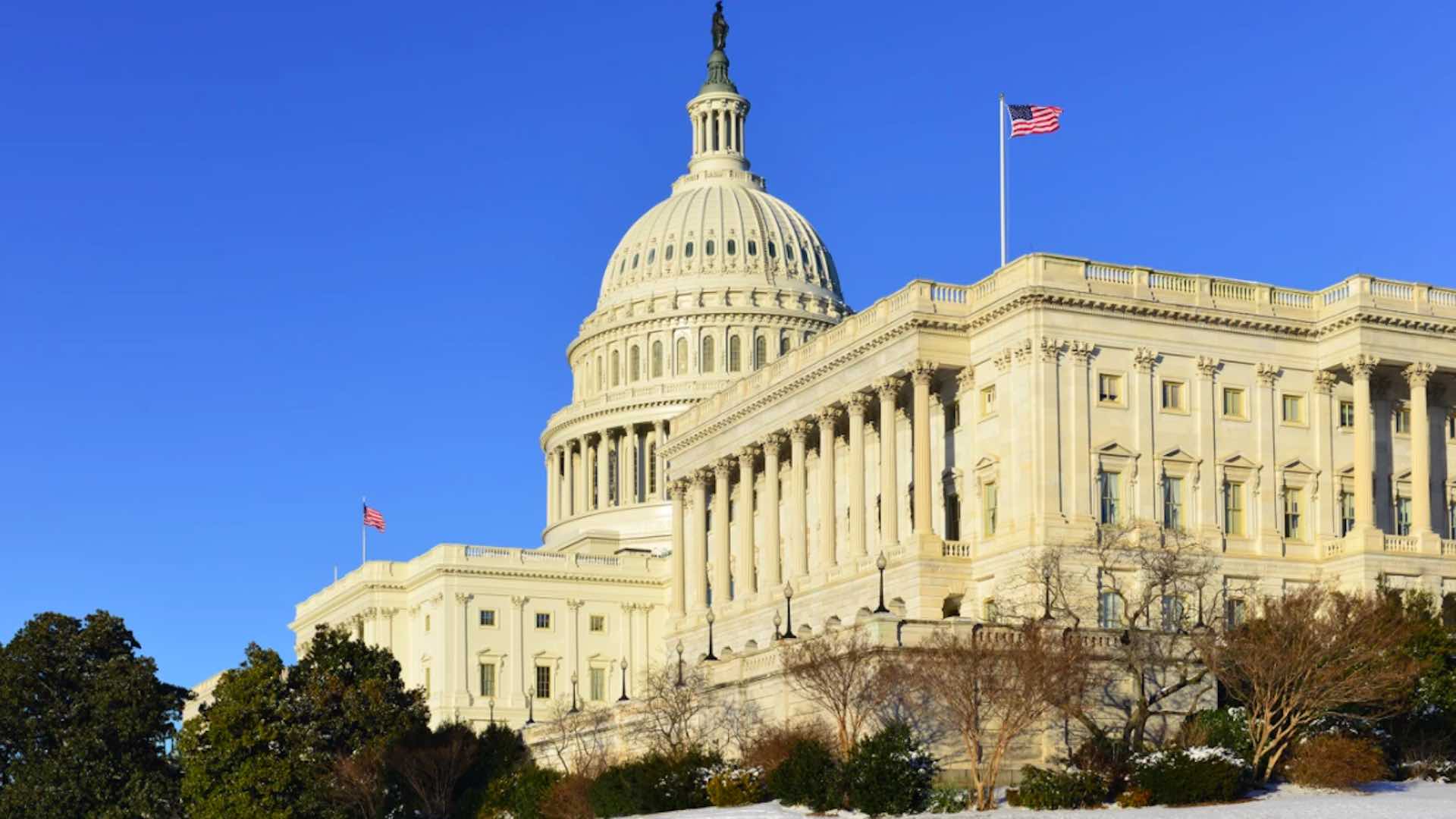 |
| |
| The federal minimum wage has been stuck at $7.25 an hour since 2009. Amazon raised their starting wage to at least $15 an hour in 2018 because it is good for workers, good for business and good for communities. That is why Amazon supports raising the federal minimum wage. |
| |
| 📬 Please invite your friends, family, colleagues to sign up here for Axios AM and Axios PM. |
 | | It'll help you deliver employee communications more effectively. | | |












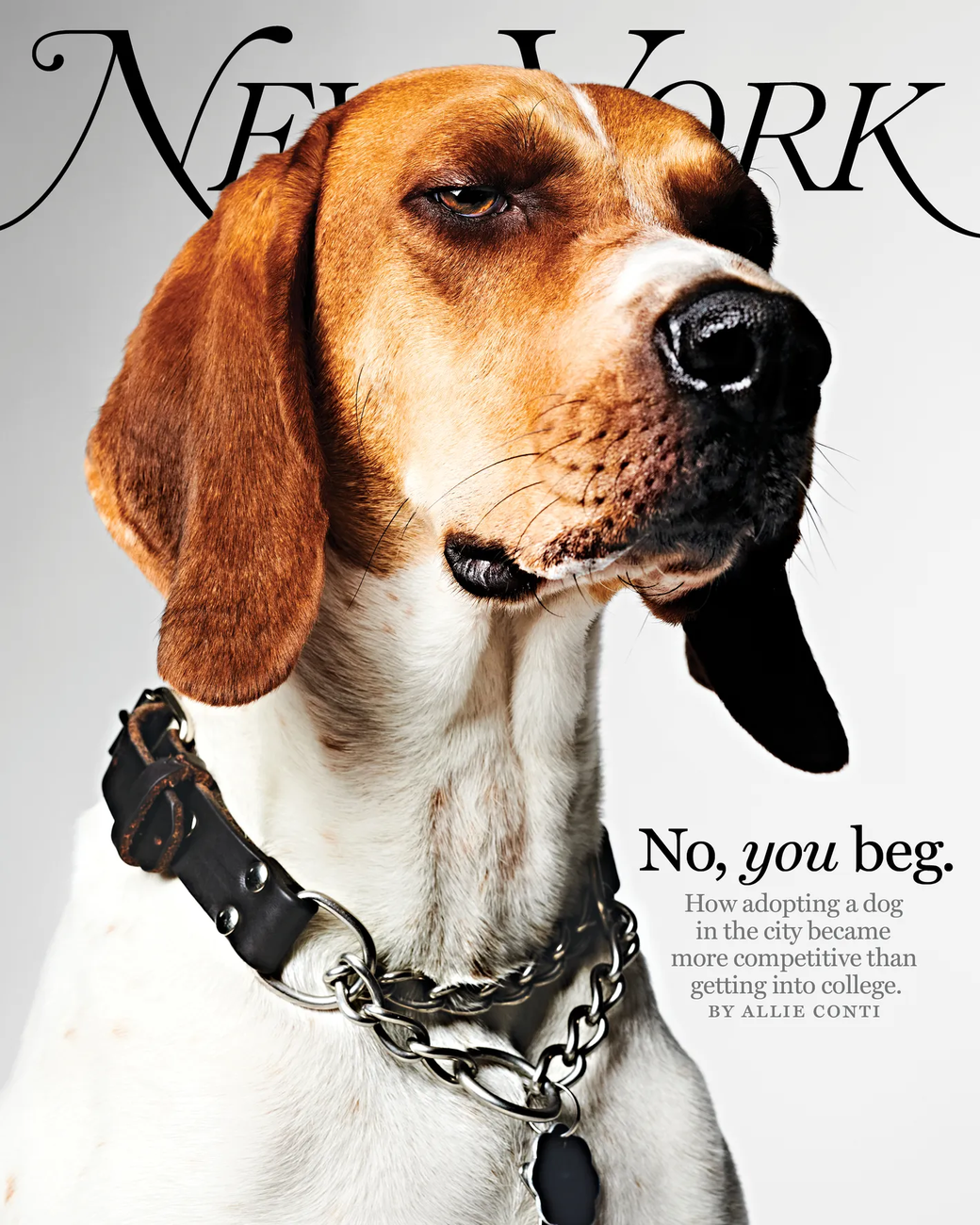

No comments:
Post a Comment